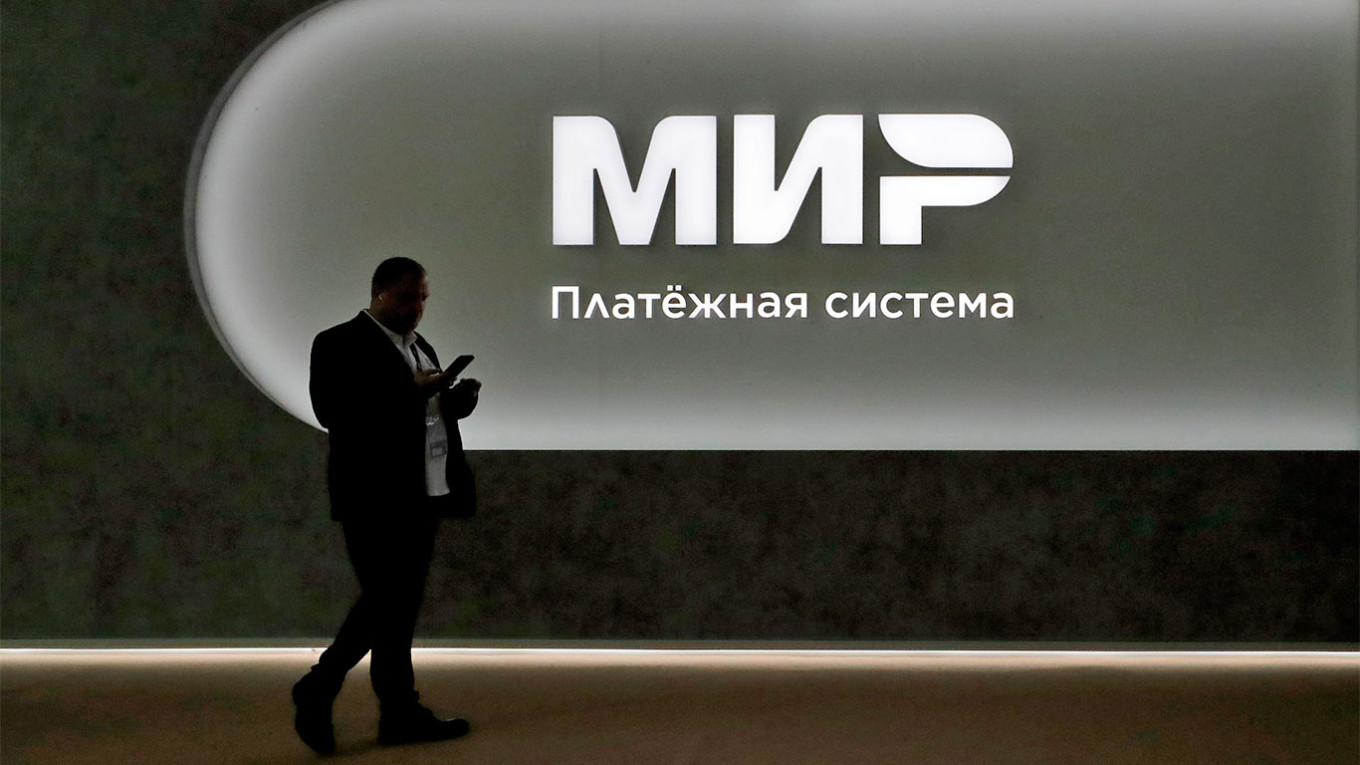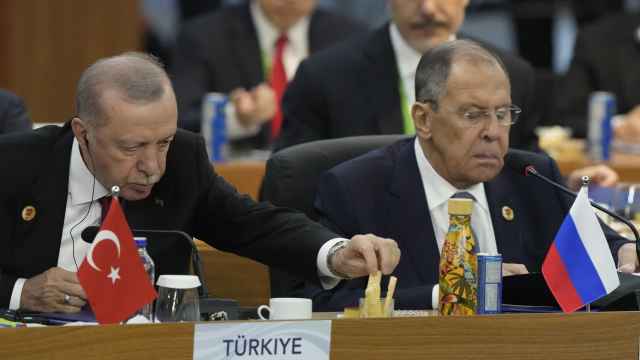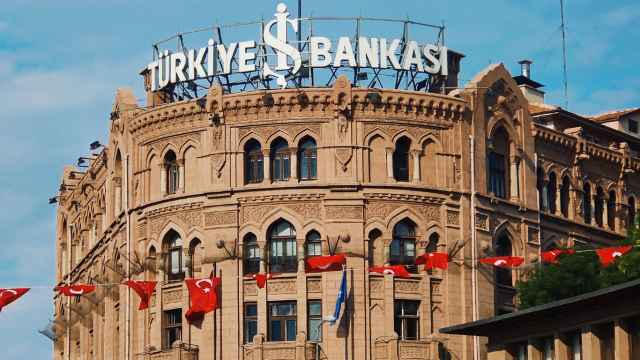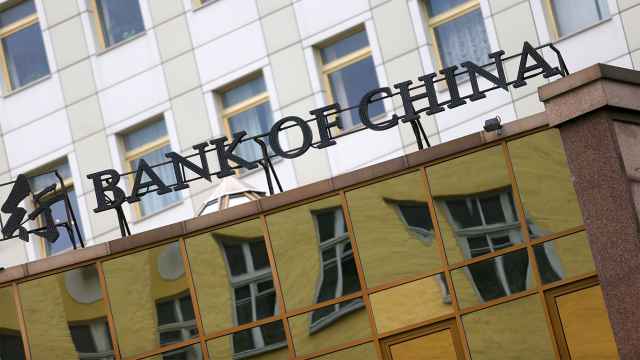Three Turkish state banks plan to exit Russia’s Mir payments system over U.S. warnings of sanctions, Bloomberg reported Tuesday, citing an unnamed senior Turkish official.
On Wednesday, Turkish broadcaster NTV reported there were no banks left in Turkey that accept Mir, which translates as "World" from Russian.
Turkiye Halk Bankası, TC Ziraat Bankası and Turkiye Vakıflar Bankasi, Bloomberg reports, plan to stop processing payments using Mir following similar decisions by two of Turkey’s major private banks last week.
Turkish President Recep Tayyip Erdogan last week discussed alternatives to Mir with his top finance officials, who had also held discussions with their Russian counterparts. Erdogan has to date not joined Western sanctions over Russia's invasion of Ukraine and has served as a mediator on a UN-backed grain deal.
But the Mir suspensions mark a subtle shift in his neutral posture after traveling to the United States for the UN General Assembly, according to Bloomberg.
Turkey, a popular destination for Russians fleeing the war in Ukraine and President Vladimir Putin’s military call-up this month, is expected to announce an official decision on Mir cards as soon as this week.
Following the news, the Kremlin criticized Washington for pressuring Turkish banks to stop processing Mir bank card payments, dampening booming trade between the countries amid Moscow's military offensive in Ukraine.
"It's clear that banks and economic operators are under the strongest possible pressure from the United States and they are threatened with secondary sanctions on the banking system. And this decision, of course, was made under this unprecedented pressure," Kremlin spokesman Dmitry Peskov said.
More than half of Russia’s population is estimated to have a Mir card, which Russia began developing in 2015 to bypass Western sanctions.
Some banks in other Russia-friendly countries including Kazakhstan, Uzbekistan and Tajikistan have also suspended the use of Mir.
Armenia, Belarus and Kyrgyzstan remain the few countries that still accept Mir cards.
Mir’s suspensions curtail the ability of Russian nationals abroad to carry out non-cash transactions after Western sanctions rendered their Russian-issued Visa and Mastercard cards unusable.
The U.S. Treasury this month warned banks outside the United States that dealing with Mir “would risk supporting Russia’s efforts to evade U.S. sanctions.”
After Turkey’s suspension, Vietnam and South Korea remain the only nations that are not former members of the Soviet Union to accept Mir.
AFP contributed reporting.
A Message from The Moscow Times:
Dear readers,
We are facing unprecedented challenges. Russia's Prosecutor General's Office has designated The Moscow Times as an "undesirable" organization, criminalizing our work and putting our staff at risk of prosecution. This follows our earlier unjust labeling as a "foreign agent."
These actions are direct attempts to silence independent journalism in Russia. The authorities claim our work "discredits the decisions of the Russian leadership." We see things differently: we strive to provide accurate, unbiased reporting on Russia.
We, the journalists of The Moscow Times, refuse to be silenced. But to continue our work, we need your help.
Your support, no matter how small, makes a world of difference. If you can, please support us monthly starting from just $2. It's quick to set up, and every contribution makes a significant impact.
By supporting The Moscow Times, you're defending open, independent journalism in the face of repression. Thank you for standing with us.
Remind me later.






